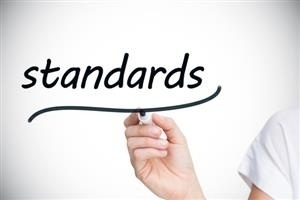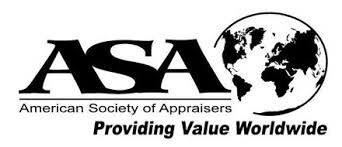
Business owners, buyers, sellers, investors, banks, leasing companies, financial institutions, investment firms, business consultants, insurance claimants, attorneys, courts, business appraisers, accountants, tax auditors.
What do all these types of companies, individuals, and institutions have in common? At some point, they will all require an independent valuation of machinery & equipment, personal property, and related capital assets to support their larger transactional needs.
Many of these entities have never worked with an equipment appraiser before and would prefer to hire a company that can facilitate the process and provides an efficient, effective, defendable analysis and report that will hold up to scrutiny. The best way to ensure this is to engage an accredited machinery & equipment appraiser who has years of experience working in any number of different markets and understands their client’s specific needs in the context of the overall transaction at stake.
In order to select the right appraiser, the business or individual responsible for vetting the appraiser should look for the following:
- A current curriculum vitae (CV) that highlights the valuation professional's experience and work history.
- Validation that the appraiser is accredited through the American Society of Appraisers (ASA) with a senior designation and complies with the Uniform Standards of Professional Appraisal Practice (USPAP). Both of these organizations are nationally recognized and require continuing education to maintain their credentials.
- Responsiveness and a professional work ethic from the first point of contact to the completion of the assignment.
- Thoughtful discussions on the scope of work effort involved and assistance in formulating a timeline and game plan to complete the valuation effort in conjunction with the overall transaction.
- A summary of the appraiser’s experience working with attorneys on business dispute cases where litigation support, deposition, and court testimony are involved. This is a critical component to validating the appraiser’s true experience as these seasoned professionals have to formally support and defend their work product in a legal setting.
In summary, this due diligence effort is an important first step in selecting the best appraiser to work alongside you and will create value-added to the overall goal of the business or individual in need of an equipment valuation. Settling for anything less than an experienced, accredited appraisal firm to assist you in these efforts can lead to an undesirable outcome.



